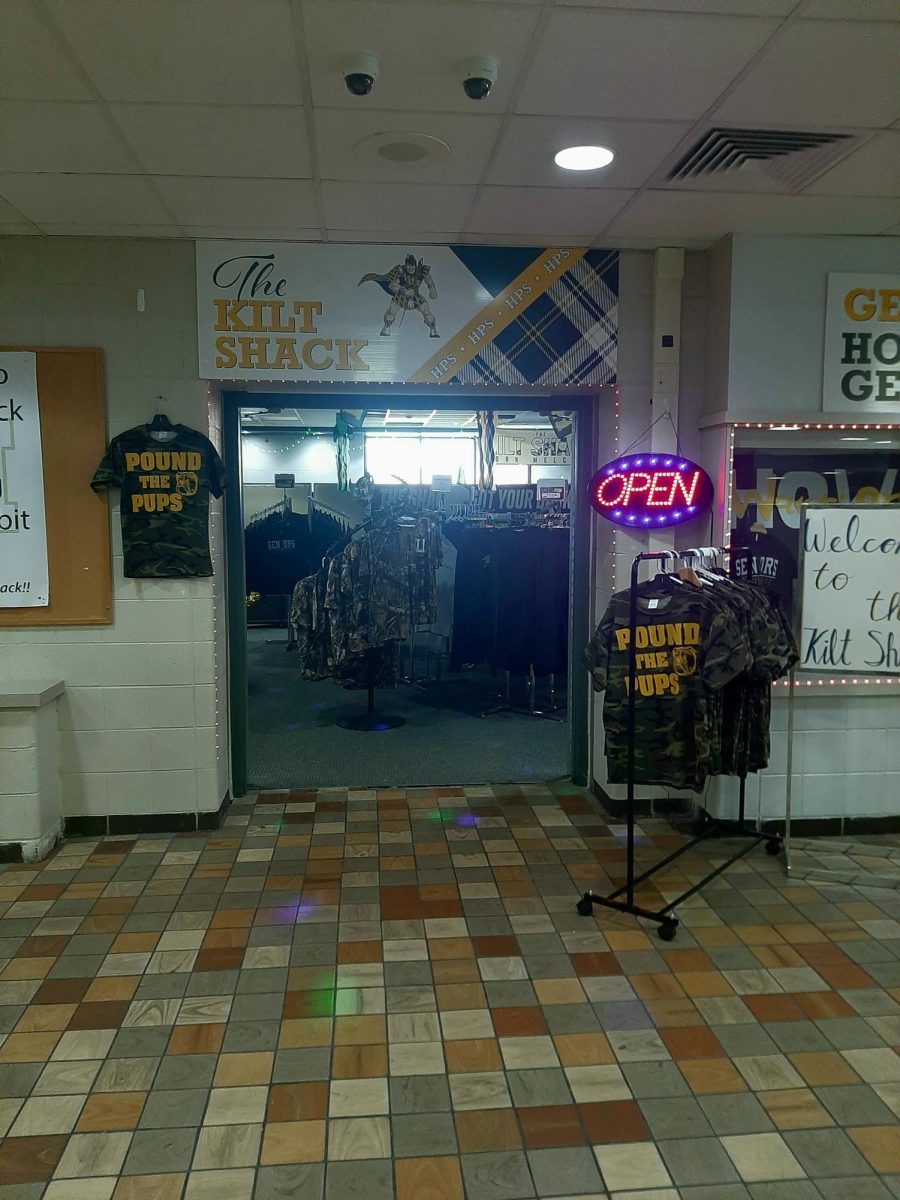 By Staff Writer: Tricia Tucker
By Staff Writer: Tricia Tucker
That time of the year has finally come: gun season. Oct. 1 marked the beginning of the archery hunting season in Michigan. However, we are off to new and better things. November 15 started the traditional hunting season. Not only that, but it is the beginning of the controversial wolf hunt in the Upper Peninsula.
Gun season officially starts on Nov. 15. That means hunters will be waking up at the crack of dawn, before the deer get scared away by other hunters. They will be hiding out in the cold woods for hours at a time until, hopefully, they finally put a bullet through their prey. According to Hunting PA, Michigan is in the top five leading deer hunting states with 1,005,000. However, only 440,000 of these hunters actually kill a deer.
Wolf hunting has been prohibited for over four decades. According to the Michigan Radio, there are an estimated 658 wolves in the Upper Peninsula. License sales will be limited to 1,200 and they are likely to sell quickly. The State Department of Natural Resources wants hunters to kill 43 of the 658 wolves in three areas of the U.P. In order to limit the kills to 43, successful hunters are required to report to the DNR within 72 hours of their kill. However, many are protesting this controversial hunt because they believe 658 wolves is not large enough to begin hunting.
Moreover, it is not probable that these wolves will be hunted down easily. Wolves are extremely fast, sneaky, and frightening – much different from that of a deer. In fact, it is anticipated that hours will be piled onto each other before getting a possible shot. It is expected to take much effort to be able to come home with a wolf in a bag.
The season will last from Nov. 15 to Dec. 31. However, if 43 wolves are bagged prior to this date, then the hunt ends there. The hunt is mainly to reduce the growing of wolves populations in three areas of the U.P since they are known to prey on family animals. The night prior to the wolf hunt, a candlelight vigil is planned in Mt. Pleasant as a way of honoring the hundreds of animals killed by Michigan wolves.
Michigan hunters actually boost the state’s economy. In 2011, hunters spent an average of $2.3 billion on trip related expenses and equipment according to the Department of Natural Resources.
When wild animals grow to populated, they become a danger to humans and their animals. Many wild animals carry diseases such as rabies or distemper. As more and more animals associate with each other, their diseases are passed along as well. If a wild animal gets into a fight with a family pet, they may infect the pet with their diseases. The infected pet can then carry their disease into their home and infect everyone surrounding them.
Howell High School is the one place where you can grow up in a subdivision, yet report to school wearing camouflage pants, coat, and boots. In general, Howell isn’t the most country place to be, yet it is filled with many hunters.
“I’ve been hunting for about 25 years. I hunt with my family in my backyard in Fowlerville where I own 40 acres,” says Ms. Laura Rumohr, a para-professional at HHS. This season, she is using her 12-gauge shotgun and plans to get nothing smaller than an eight-point buck.
Hunting is a necessary sport to help lessen the deer population. Deer play a major role in car accidents. The DNR stated that over 11,000 were found dead in Michigan due to deer-vehicle collisions. According to Insurance Journal, an estimated 1.23 million deer-vehicle accidents occurred between July 2011 and June 2012 in the United States.
Wild animals affect humans in more ways than one. So get ready for gun season because it is finally here. While sitting in the freezing woods, bored and waiting, think about how you helped boost the economy and played a role in protecting both civilians and their animals.








